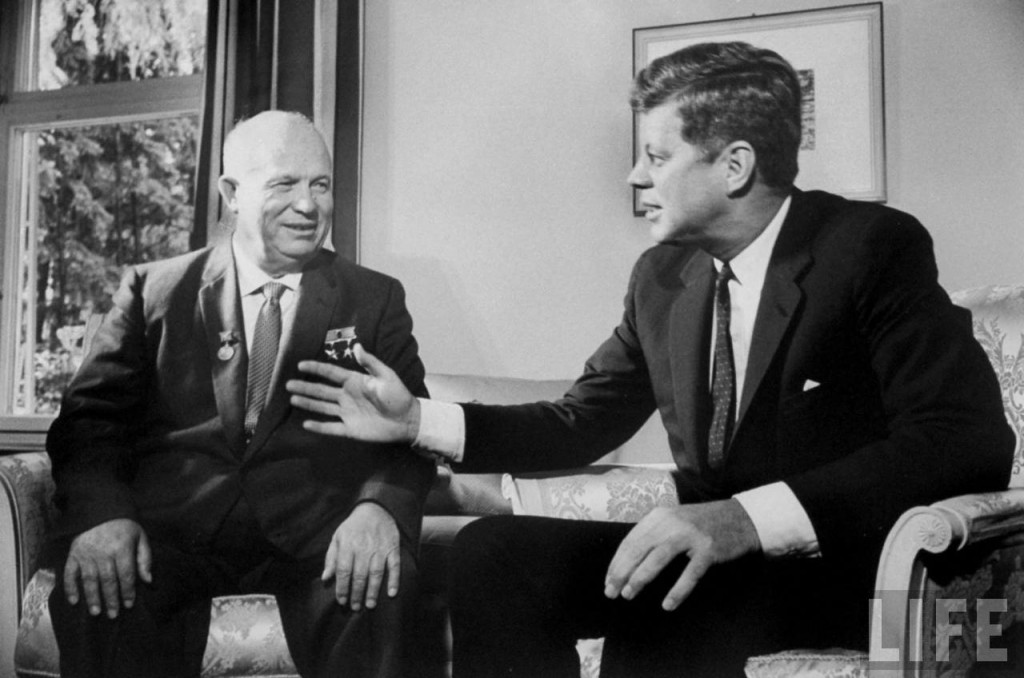Improving the Twentieth Century November 16, 2015
Author: Beach Combing | in : Contemporary , trackbackThe IEA, one of Britain’s most serious think tanks, has recently published a list, a very stimulating list, of the thirteen great economic mistakes in British economic policy in the last century. All this got Beach thinking about the great mistakes in public policy generally since 1900. Here is a very limited list of points where, for relatively little effort, immense amounts of blood, coin and energy could have been saved by western countries. Beach has probably fallen victim here to that very European way of thinking that almost anything would have been better than the three world wars (WW1, WW2, and the Cold War), hence the overlapping nature of so many of these. Any other contributions please write in: drbeachcombing At yahoo DOT com
Serbia (with apologies) is sacrificed and the First World War is avoided in 1914: of course, it would have come sooner or later…
Germany is occupied at the end of WW1 but only trifling reparations are asked for: for another 100,000 Allied deaths Germany is properly and visibly defeated; the stab in the death thesis never emerges.
The Austro-Hungarian Empire negotiates its way out of the war in 1917 and survives on a more radical federal model: a large and civilized central European state survives to provide a bulwark against Germany and Russia in the next generation.
Japan is brought more convincingly into the family of ‘modern’ nations post WW1: the United States makes space for Japan in the Pacific and the race equality proposal is signed at Paris in 1919.
Western aid allows the Whites to win the Civil War in Russia: no western intervention but western training and western funds to bring down the Bolsheviks at any cost.
Italy is not allowed to invade Ethiopia in 1935: Britain and France warn Mussolini very forcefully out of Abyssinia and perhaps sacrifice some Indian sea possessions to placate him. Mussolini is not pushed into the arms of Hitler.
Britain and the Empire rearm hard and early in the mid 1930s. Still most of it would probably have been lost at Dunkirk…
Britain and France do not appease Hitler in the late 1930s: It is too late by Prague. Britain and France send in the troops over the Rhineland.
The US does not appease the USSR at the end of WW2: one of the few instances where Britain called it right and the US wrong; the US plays rough with Stalin from 1942 and plans for a likely postwar conflict (surely though eastern Europe would have been lost?).
Britain joins the European Project in the late 1940s as a founding member: and insists (when its prestige was at a record high) on a non politicized free-trade, free-movement area…
The US spends significantly less on its nuclear arsenal through the 1960s and 1970s. American public spending is brought down but better intelligence gives a sense that deterrence still works.
Kennedy scares Khrushchev at Vienna in June 1961 (see photo above): the Russian leader is so impressed by the young Kennedy and his dire warnings over the ‘western hemisphere’ that Cuba is not invited to host Soviet nuclear missiles
John Lennon never meets Yoko: well, maybe I’m a dreamer…
Writing this list Beach has been struck by a series of events that were overwhelmingly good but that happened rather against the odds: American self control at the end of the Cold War; spitfires; Gorbachev; the Marshall Plan; Ostpolitik…
22 Nov 2015: Nathaniel writes ‘Rather than British/Empire rearmament in the early 1930s, how about British (and American) economic aid to the Weimar Republic? Possible result: Nazi Party does not take control of Germany. Most alternate history scenarios I’ve seen suggest that if not for the Nazis, the Republic would have lurched along for a few more years and then been replaced by a right-wing authoritarian government, possibly even with a restored Kaiser. OK, far from perfect but better than Hitler, right? That government might also have moved to re-arm and re-establish Germany’s old borders, but not would not have been nearly as totalitarian/anti-semitic/expansionistic as what actually happened.’
22 Nov 2015: Open Sesame ‘I find it incredible that you didn’t include Israel. I believe that Israel should exist. But surely there should be a way to create an Israeli state without the present God awful state. Unilateral retreat after victory in 1967?’



